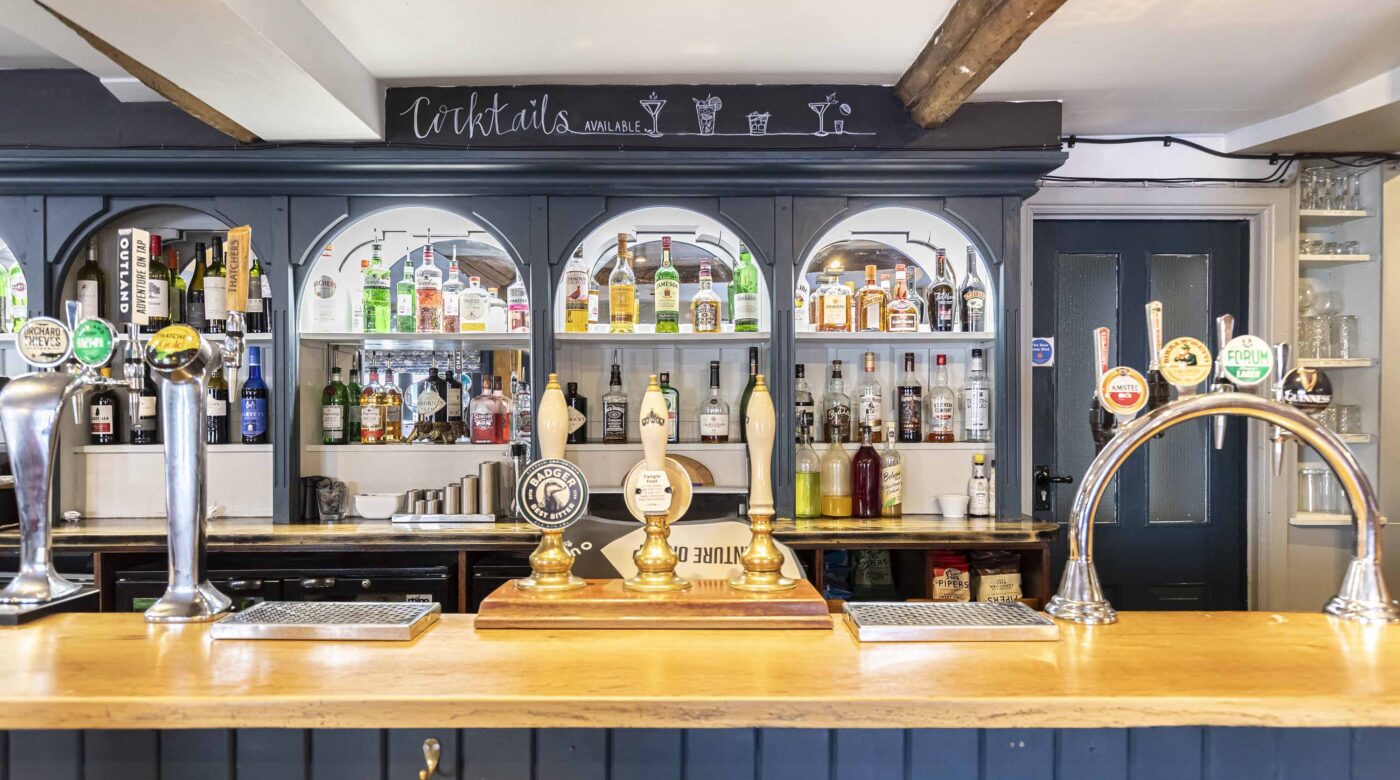There are specific qualifications we need Business Partners to complete before they can run their own pub. We will guide you through every step on how to complete these, but essentially it’s the following qualifications that you’ll need to run your own pub.
- BII Pre-Entry Awareness Training Course (PEAT)
This online package identifies the main issues and considerations that you should take on before signing up to run your own pub, whether that’s through a pub tenancy or lease agreement. If you are looking to run your own pub in England or Wales then taking PEAT will give you all the necessary knowledge to evaluate the agreement you decide to sign up for.
Working with Hall & Woodhouse you’ll find there are a few different ways you can run your own pub so it’s best to consider all options.
- Award for Personal Licence Holders
You will need to nominate a person to be the Designated Premises Supervisor at your pub and they must successfully complete this course to be issued with a Personal Licence by your local authority. This person will ideally be a Hall & Woodhouse Business Partner at the pub. If you don’t already hold this qualification, we will advise you on how to obtain this as part of your agreement with Hall & Woodhouse.
Whether you’re new to the industry, or highly experienced, a great benefit of working with us is that you can decide on the support and training you believe you’ll need. Every pub is assigned a Business Development Partner who will be on hand to offer guidance on how to run the pub successfully.
As a Business Partner, you’ll also have open communication groups where you’re free to ask questions or share recommendations with colleagues, as well as the chance to attend at least one event per year to facilitate networking.
